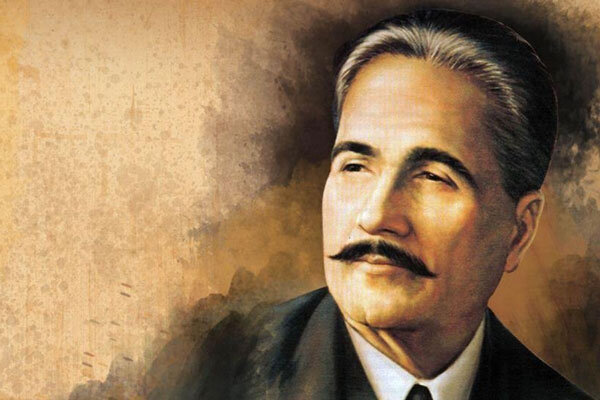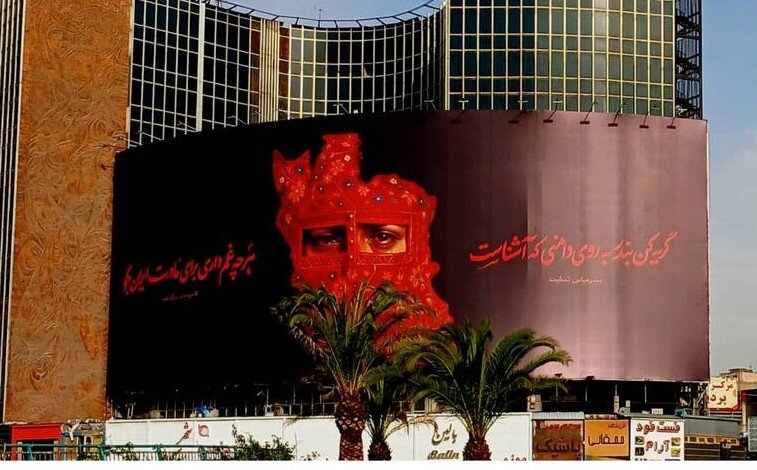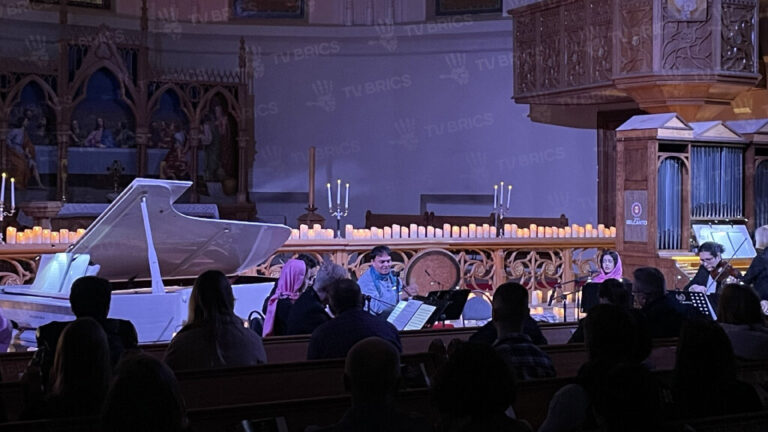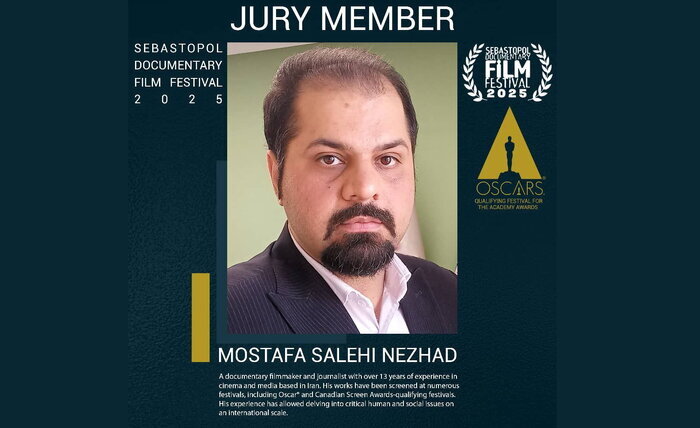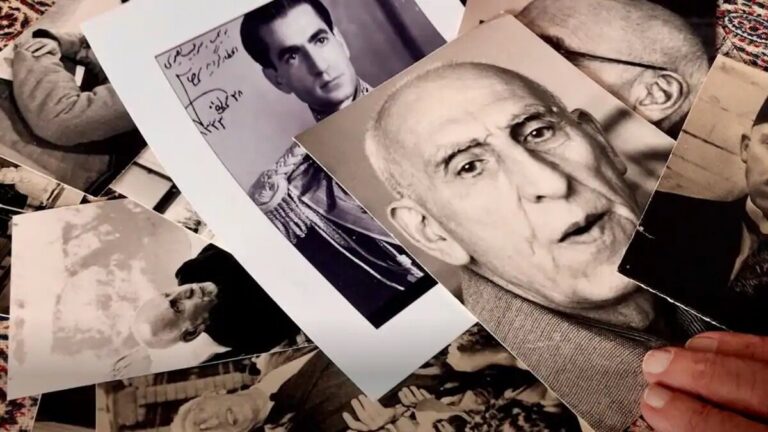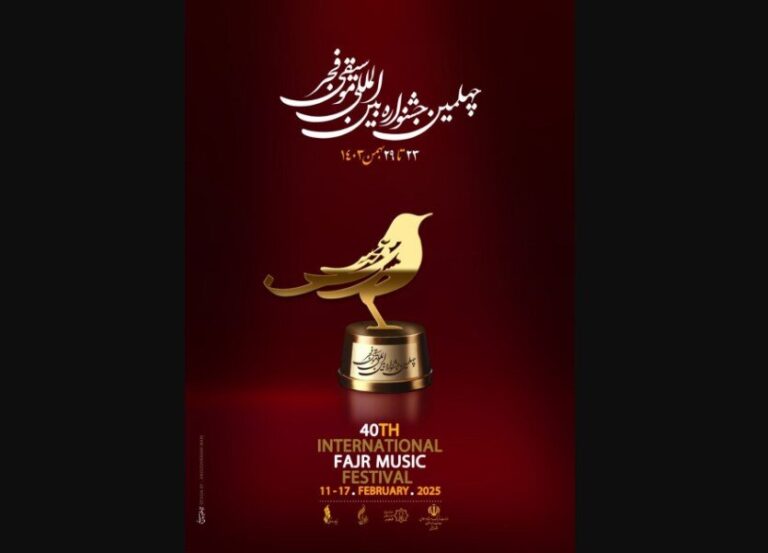Celebrating Iqbal Lahori: A Collaborative Memorial with Iranian and Pakistani Scholars
The Iqbal Lahori Memorial Conference, a significant cultural event, took place in Tehran, highlighting the enduring legacy of Iqbal Lahori, a pivotal figure in Urdu and Persian literature. This conference was organized by the ECO Cultural Institute (ECI) in collaboration with the International Affairs Department of the Art Bureau of the Islamic Ideology Dissemination Organization. The gathering brought together esteemed Iranian and Pakistani scholars and poets, showcasing the importance of Iqbal’s contributions to cultural and literary exchanges between the two nations.
The event commenced with a compelling address by Saeed Lashgari, an official from the Art Bureau. He emphasized the significance of Iqbal Lahori’s personality and his substantial cultural influence. Lashgari stated, “He served as a prominent figure in expanding cultural and literary interactions between the two nations. Today, greater efforts are needed to recognize and promote Iqbal Lahori’s legacy.”
Lashgari further reaffirmed the Art Bureau’s commitment to collaborating in introducing Iqbal Lahori’s persona to the Iranian and Pakistani cultural communities, particularly the youth. He noted that joint efforts are essential for fostering a broader understanding of this visionary thinker.
Addressing the challenges in recognizing Iqbal Lahori’s contributions, Lashgari underscored the necessity of cooperation between the two countries to enhance his visibility and influence within their societies. This sentiment resonated throughout the conference, reflecting a collective desire to honor Iqbal’s legacy.
Following Lashgari’s remarks, Mohammad Bagheri, a prominent scholar of Persian literature, stressed the importance of creating appropriate platforms to appreciate Iqbal Lahori’s multifaceted personality. He elaborated on Iqbal’s expertise, which spanned various fields, including:
- Persian and Urdu literature
- Philosophy
- Quranic studies
- Law
- Sociology
- History
- Iranology
Bagheri remarked, “He was both a thinker and a devout Muslim, accepting modern values where appropriate and updating religious teachings accordingly.” He lamented that society has yet to fully grasp the depth of Lahori’s personality, calling for more accurate representations. He compared Lahori to Ferdowsi, describing him as a ‘Persianized Indian’ and an emblem of Persian language and Iranian culture in South Asia.
Next, Mohammadreza Sangari, a literary scholar and expert on Iqbal, discussed Lahori’s identity as a religious intellectual. He emphasized the need for further reflection and study of this aspect, highlighting that as individuals mature, their personalities become more layered and complex. Sangari described Lahori as a “great teacher,” whose work remains eternally relevant and impactful, stating, “He is a timeless mentor whose ideas continue to inspire generations.”
Sangari also highlighted key philosophical themes in Lahori’s work, particularly self-awareness and self-confidence. He noted Lahori’s profound love for Persian literature and his encouragement of movement and perseverance in life, urging continuous effort and progress.
The conference featured speeches from notable Pakistani literary figures, including:
- Saad S. Khan, president of the ECO Cultural Institute (ECI)
- Shaiesta Fatima Durrani, Sahar Urdu News anchor
- Zahid Munir Khan Amir, head of Urdu language and Pakistan studies at the University of Tehran
These speakers delivered their remarks in Urdu, further enriching the event’s cultural tapestry. At the conclusion of the gathering, the ECO Cultural Institute presented tokens of appreciation to each participating scholar, symbolizing gratitude for their valuable contributions.
Allama Muhammad Iqbal (1877–1938), known as Iqbal Lahori, was an influential South Asian academic, poet, barrister, philosopher, and politician, recognized as one of the most important figures in Urdu literature. His literary works span both Urdu and Persian languages, earning him admiration as a prominent classical poet in Iran, Pakistan, India, Bangladesh, and Sri Lanka, as well as among international scholars of literature.
Iqbal is often referred to as the poet of Islam and the poet of the East, with approximately 60 percent of his works in Persian, which solidifies his popularity in Iran. His poetry has been translated into numerous languages, further broadening his impact.
While best known as a poet, Iqbal was also a highly regarded Muslim philosophical thinker of modern times. He is celebrated as the spiritual father of Pakistan and was a strong advocate for the political and spiritual revival of Islamic civilization, particularly in South Asia. His series of lectures, titled The Reconstruction of Religious Thought in Islam, reflects his deep commitment to this cause.
Post-1947, after the creation of Pakistan, Iqbal was named the national poet and earned titles such as Hakeem-ul-Ummat (The Sage of the Ummah) and Mufakkir-e-Pakistan (The Thinker of Pakistan), solidifying his legacy as an influential thinker and poet. His contributions continue to inspire discussions about cultural identity, unity, and the evolution of thought in the contemporary world.
In summary, the Iqbal Lahori Memorial Conference served as a vital platform to celebrate and reflect on the profound impact of Iqbal’s work and ideas, fostering a deeper appreciation for his contributions to both Iranian and Pakistani cultural heritage.
